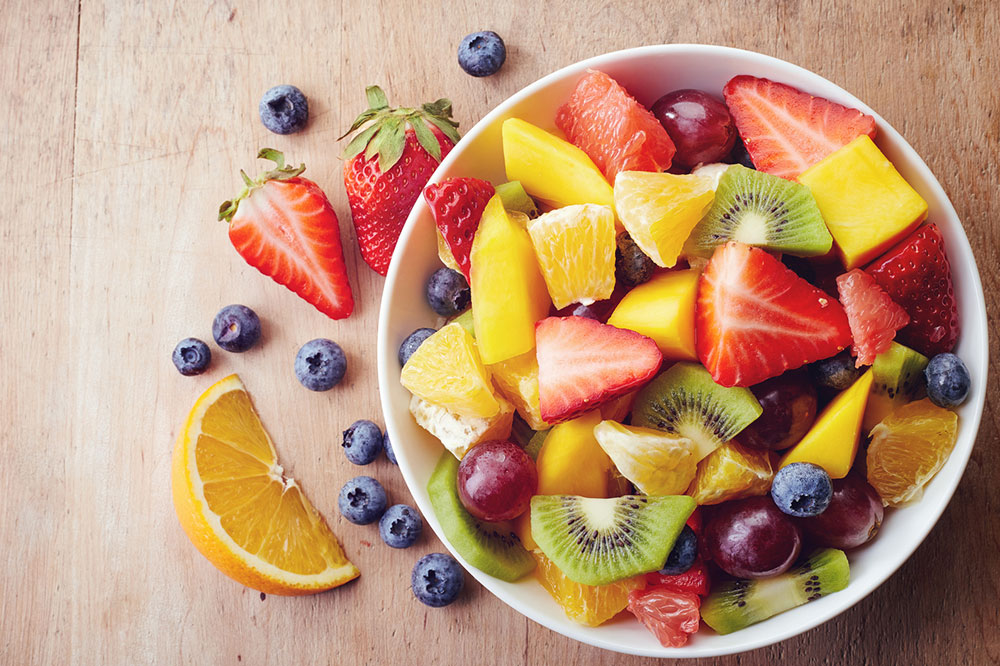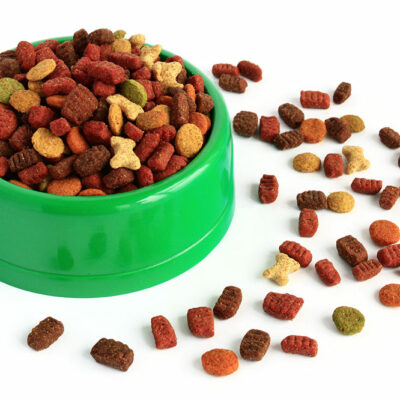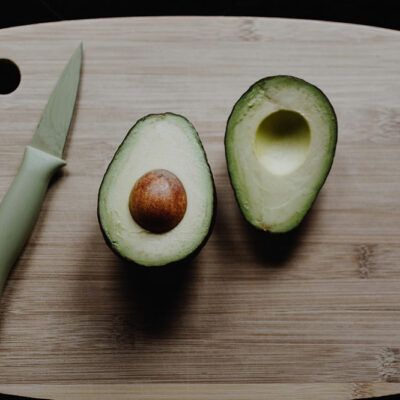
What to Eat to Best Manage Eczema
Eczema, also known as atopic dermatitis, is a condition that affects the skin of an individual. Research has shown that eczema is caused due to a broken or damaged protective skin barrier. Due to this, individuals who suffer from eczema are at risk of developing itchy, flaky skin, and even a painful rash in some cases. This condition mainly affects children and babies but can also occur in adults.
Individuals who suffer from eczema need to get the right treatment and make changes to their diet and lifestyle. This article focuses on how diet can affect eczema and foods that help manage this condition.
How does diet affect eczema?
Food and diet play an important role when it comes to managing eczema. Since this condition mainly affects children and those below the age of 2, adults need to ensure that their diet is accurate and provide them with all the nutrients they need.
There is a possibility that atopic dermatitis can pass from parents to the child. Babies can also contract this condition if their immune system is weak. This is why babies should be breastfed for at least 3 months to reduce their risks of developing eczema. The mother should also follow a healthy diet while pregnant to reduce the risk of their child developing eczema.
Children and adults who develop atopic dermatitis can manage the signs and symptoms by following a strict diet. Here are some foods to eat that help manage eczema.
1. Fatty fish
One of the ways to reduce the symptoms of eczema is to add fatty fish to your diet. Fatty fish contains high levels of omega-3 fatty acids that have anti-inflammatory properties. These properties ease the symptoms of eczema. Omega-3 fatty acids are also good for the overall health of the body. If you do not eat fish, you can try adding omega-3 supplements to your diet.
2. Probiotics
When it comes to managing the signs and symptoms of eczema with foods, probiotics are at the top of the list. Probiotics are great for the tummy, and they contain a lot of live cultures that help build a robust immune system. A strong immune system helps prevent flare-ups and reduces overall allergic reactions in the body. Adding foods such as yogurt, miso soup, fermented pickles, kefir, tempeh, and sourdough bread to your diet is an excellent step at managing the disease. Keep in mind the foods that you are allergic to could worsen the symptoms of eczema.
3. Foods with anti-inflammatory properties
Foods that have anti-inflammatory properties are a must-have when it comes to managing eczema. Foods that have anti-inflammatory properties include apples, broccoli, cherries, kale, and spinach. These foods also have antioxidants and nutrients that make them suitable for the overall health of the body.


